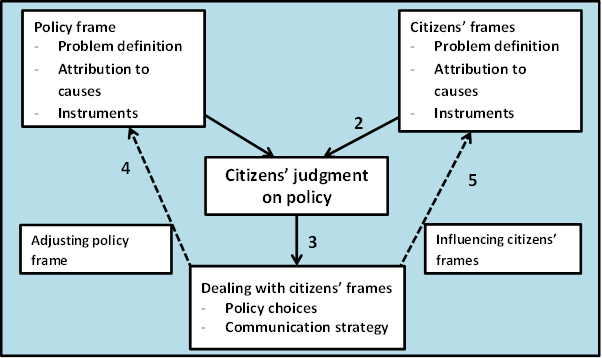Ricard Espelt and Monica Garriga at Open Democracy: “The impact of digital platforms in recent years affects all areas and all sorts of organizations: from production to consumption, from political parties to social movements, from business to public administration, trade unions, universities or the mass media. The disruption they generate is cross-section and intergenerational. Undoubtedly, their outstanding assets – at least from a discursive point of view –, are self-management and disintermediation. Today, through technology, people can participate actively in processes related to any particular activity. This is why we often talk about digital platforms as tools for democratizing participation, overcoming as they do the traditional tyranny of space and time. If we analyze them in detail, however, and look at the organizations that promote them, we realize that the improvement in citizen involvement tends to vary, sometimes considerably, as does the logic behind their approach…..
La Teixidora, a democratic digital platform
Being aware now of the risks of partial evaluation of the impact of technology and the key elements to be considered in analyzing it, let us return to our starting point: democratizing participation. Given the importance of local assessment of global digital tools, let us now see the case of the multimedia platform La Teixidora, which allows us to synthesize the aspects which, in our opinion, shape democratic participation.
Platform cooperativism or open cooperativism, whether it focuses on the social strength of cooperative values or on the need to reappropriate common goods, calls for a detailed critical review of the local activity of its digital platforms.
This initiative, launched in 2016 in Barcelona, organizes in real time a collaborative structure with the aim of mapping distributed knowledge generated in different parts of the city during conferences, meetings, workshops and other offline meeting formats related to technopolitics and the commons. To do this, it appropriates several open source tools (collaborative editor, wiki, content storage spaces) and uses a Creative Commons license which, while recognizing authorship, allows anyone to adapt the contents and even use them commercially. Two significant apps illustrate the value of its functionalities in relation to democratizing participation:
- In March 2016 La Teixidora covered, with a team of some twenty people, a debate on Collaborative Economy (Economies Col·laboratives Procomuns). The classified data were then transferred to the Decidim Barcelona platform, which has helped to define, through a broad participatory process, the Municipal Action Plan of the Barcelona City Council.
- At the same time, the tool has been used to monitor the fifteen teams which have been following the economic development program La Comunificadora, whose aim is the promotion of social transformation projects and the advancement of entrepreneurship. Through La Teixidora, the participants have been able to establish a space for exchanging knowledge among them, with the mentors, with the city service managers and with citizens in general. All its contents are open and reusable.
In short, through this platform, both processes have been able not only to contribute proposals, but also to form an open learning space. And by mapping participation, which makes these processes – both of which are promoted by the Public Administration – transparent and accountable, thus improving their democratic quality. At the same time, the information and the learning from their use are helping to redesign the technological platform itself and adapt it to the needs of the communities involved….(More)”.

